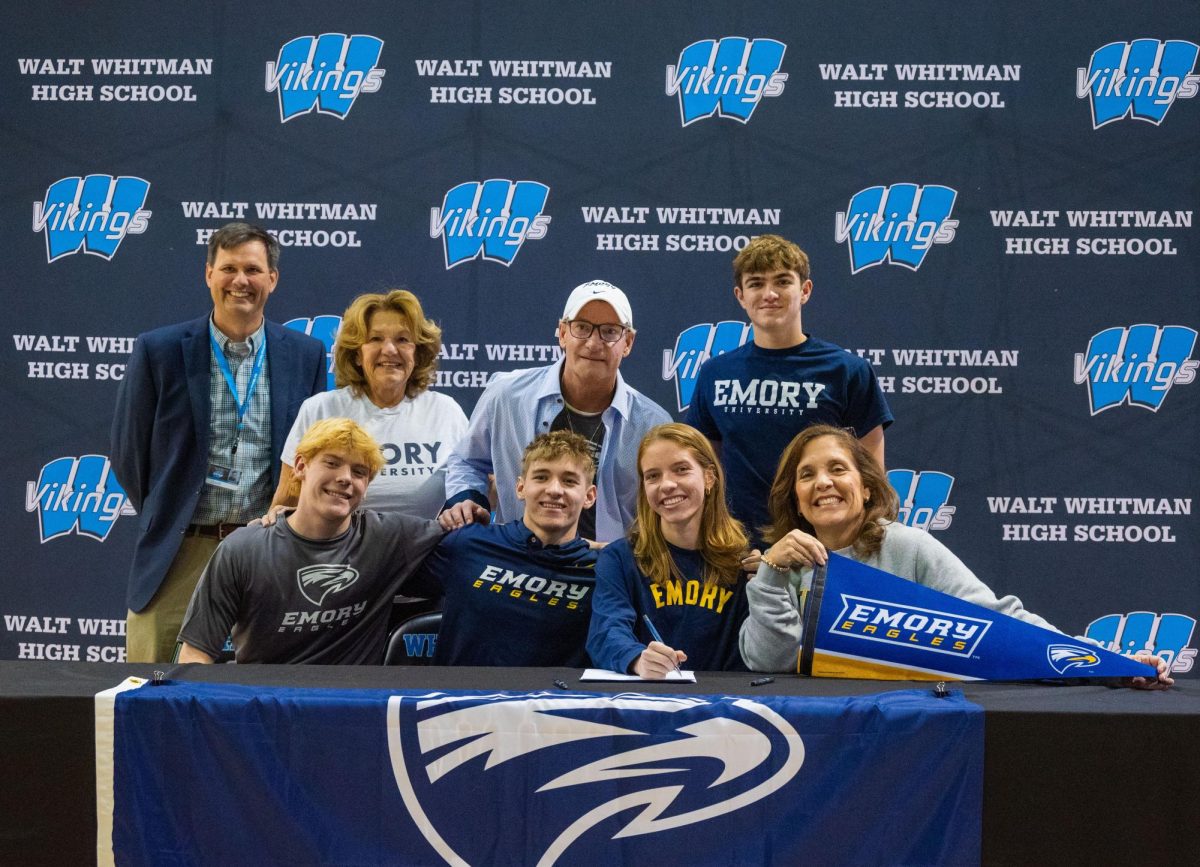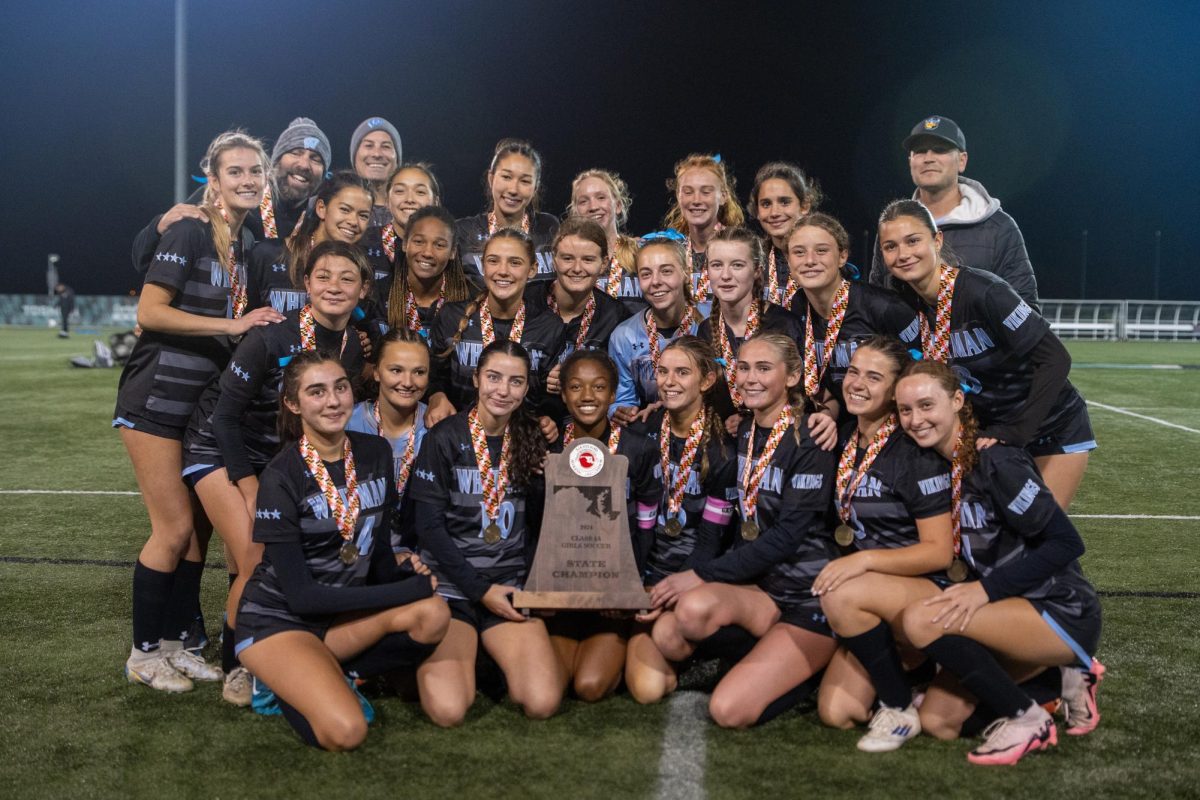Greed is what’s going to sink the NFL next fall. The multi-millionaire and billionaire owners forcing a lockout should relinquish their hold on the negotiations and stop insisting on unreasonable provisions.
All NFL players are members of a union, the NFL Players Association, whose main responsibility is to work with team owners on a collective bargaining agreement. The agreement governs negotiations such as what percentage of revenues will go towards players salaries. With the current agreement expiring, however, talks between the owners and the players for a new one have reached a standstill. The prospect of a lockout is becoming more and more real, as the owners are demanding an 18 percent reduction in the amount of money given to players – which would be given to the owners instead – and lower payment for rookies, while refusing the players’ demands for a better health care system.
Even if there is a lockout next year, owners would still be able to tap into the $4 billion-plus from guaranteed television contracts, while the players would not be paid and would lose benefits such as necessary medical care. NFL owners are using the lockout as a threat because it would be destructive mainly to the players and, as a study for the union by Edgeworth Economics pointed out, the estimated 115,000 workers who will lose their jobs if there is no regular season. Workers such as ushers, concession stand attendants and security guards will all lose their jobs if there is no 2011-2012 football season.
To compensate for the cost of running their teams – owners pay for things like stadium upkeep – owners are demanding an extra cut of revenue, which would amount to an 18 percent decrease in pay for athletes. As Washington Post columnist Sally Jenkins wrote in a February column, Redskins fans pay to see the players playing, not owner Dan Snyder running the team.
One point of contention between the owners and the players is the creation of an 18-game regular-season. The owners want to take away two preseason games and turn them into regular-season games, but they aren’t willing to improve health care for retired players. This gives the players insufficient backing as they take two more weeks of heavy hits. As calculated by the “Birds Nest” blog for NBC Philadelphia, in an expanded season there would be around 40 more season-ending injuries, which equals more than one extra injury for each team. The owners should compromise on this point and give the players more medical coverage, in which case the players would be more likely to consider the expanded season.
One proposal by the owners to reduce player costs is to reform the rookie pay scale, citing unproven rookies who are paid millions of dollars before even playing an NFL game. However, according to a SportsMoney blog on Forbes.com, from 1994 to 2009, the years the NFL had a salary cap, the rookie share of the salary cap actually decreased by 3.15 percent. Although the players have agreed to negotiate on rookie contracts, a rookie pay scale wouldn’t solve the owners’ problems with player costs.
The owners themselves are often to blame0, such as when Snyder negotiated a contract for Albert Haynesworth in 2009 that set an NFL record of $41 million in guaranteed money.
Rookies aren’t the issue, and neither are any of the players who want higher salaries and adequate benefits for their relatively short careers. Rather, the issue lies with the unreasonable owners, who are threatening to derail a league that’s already making them millions – all in an effort to further fatten their wallets by taking advantage of the ones who suffer the consequences.





